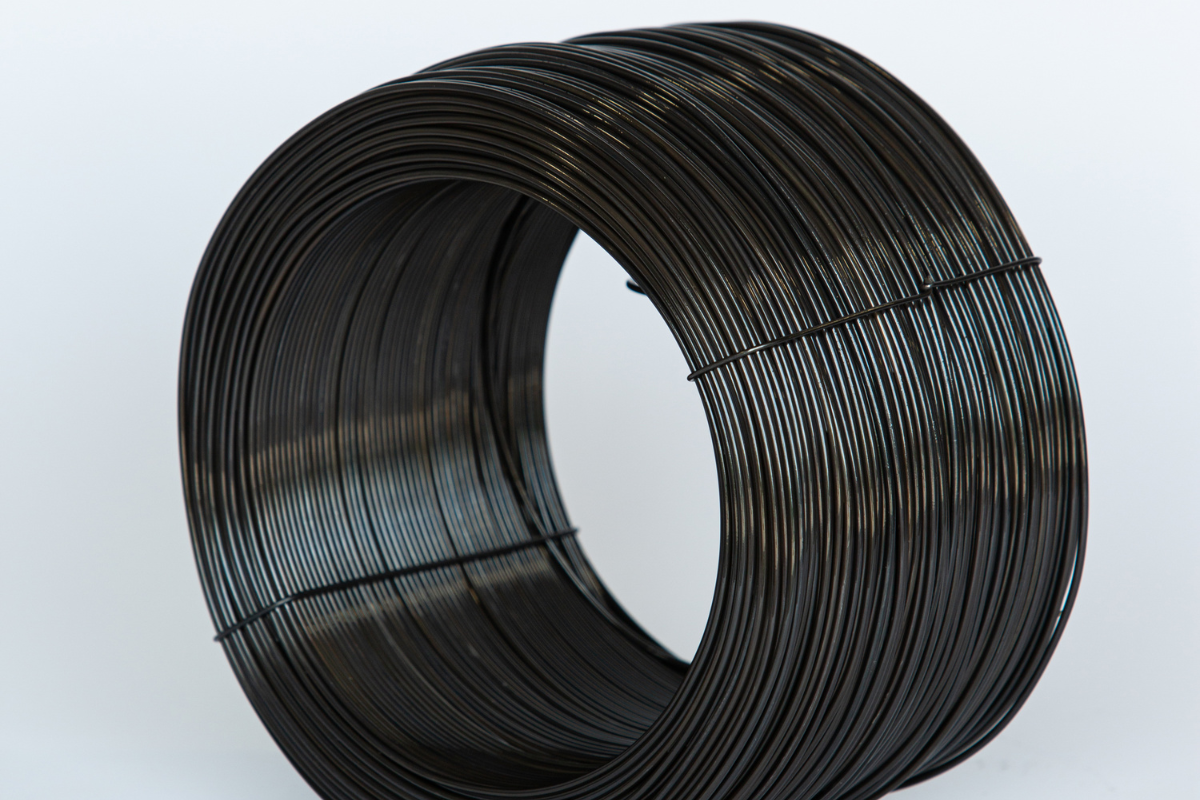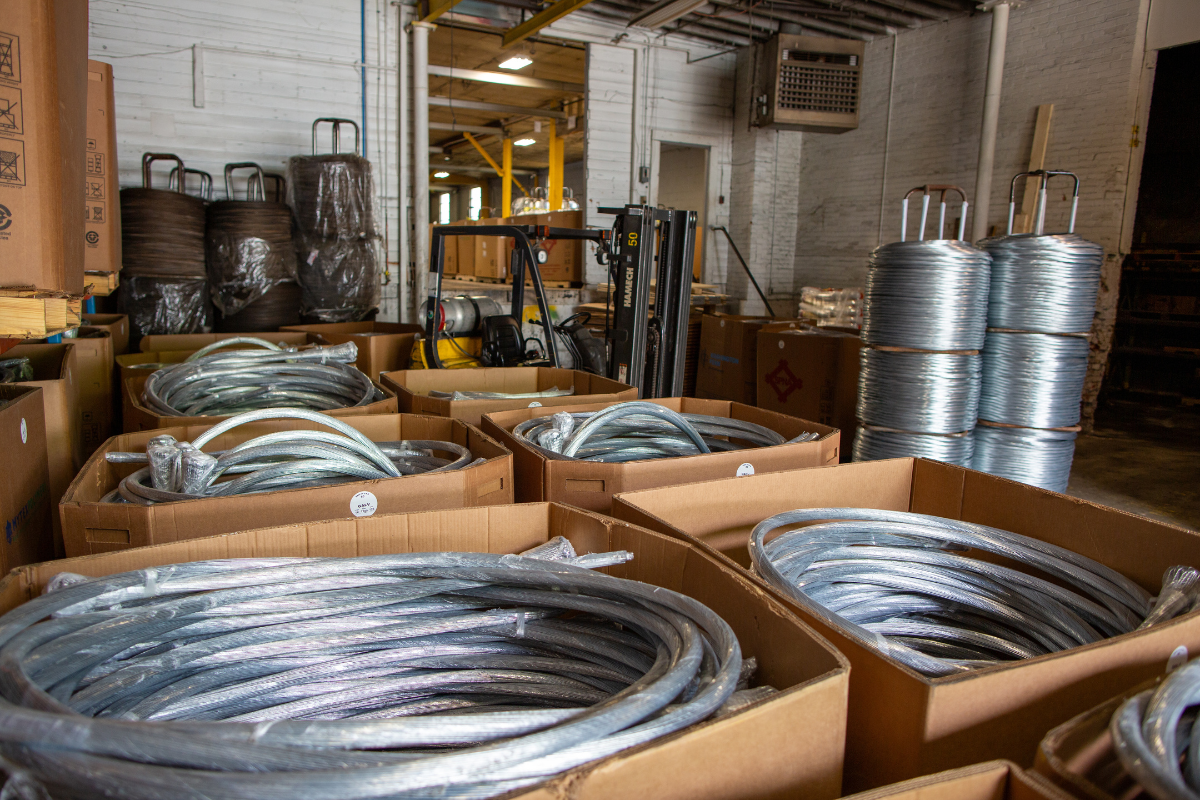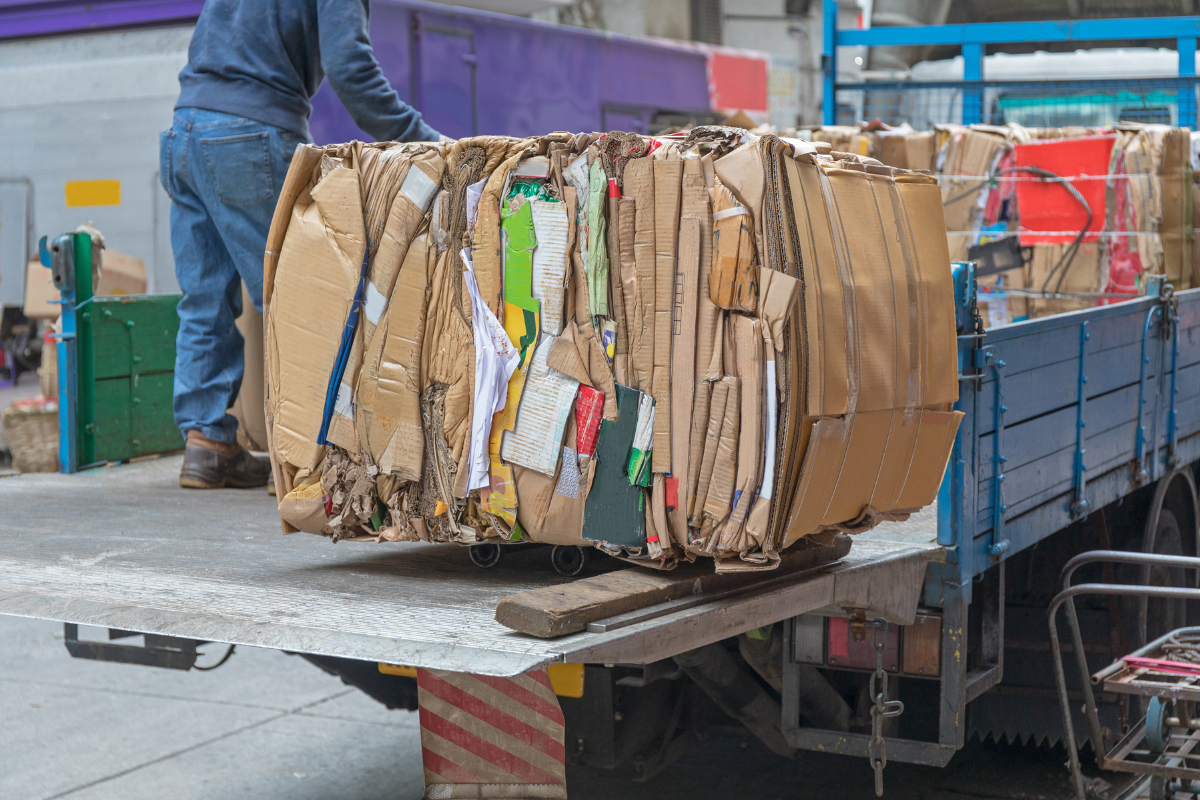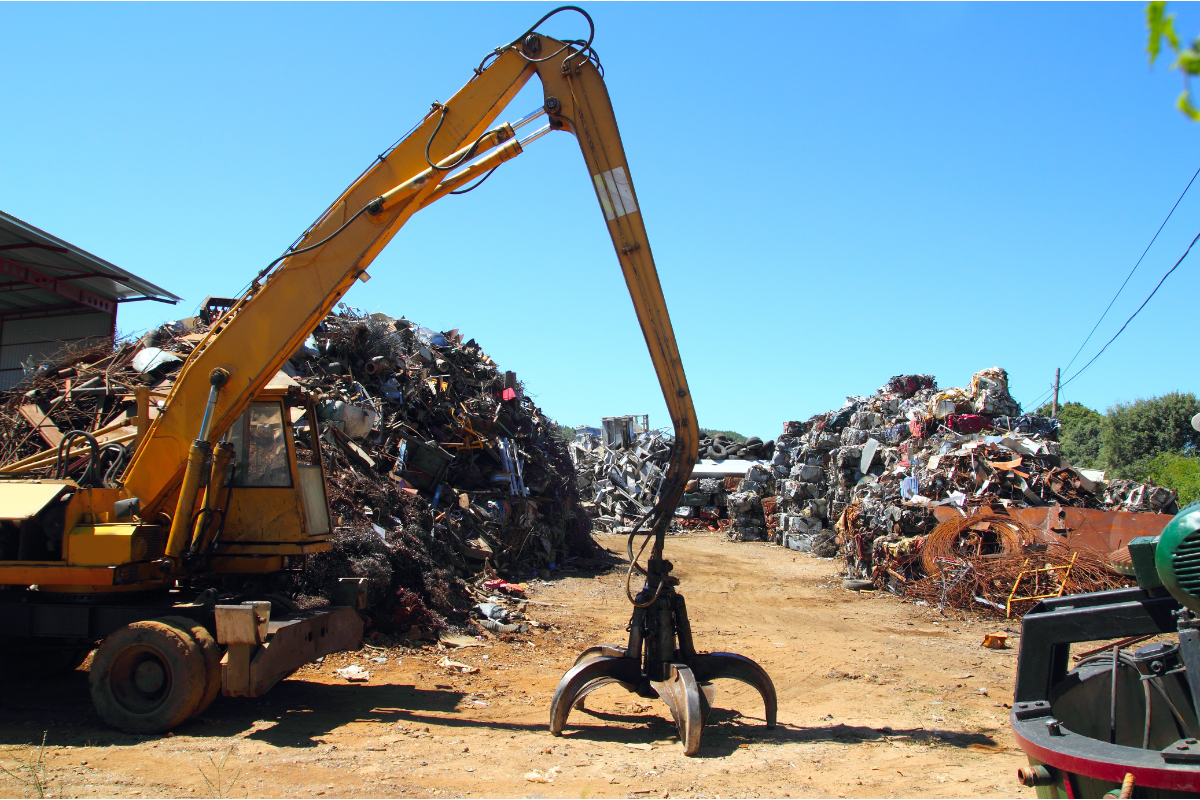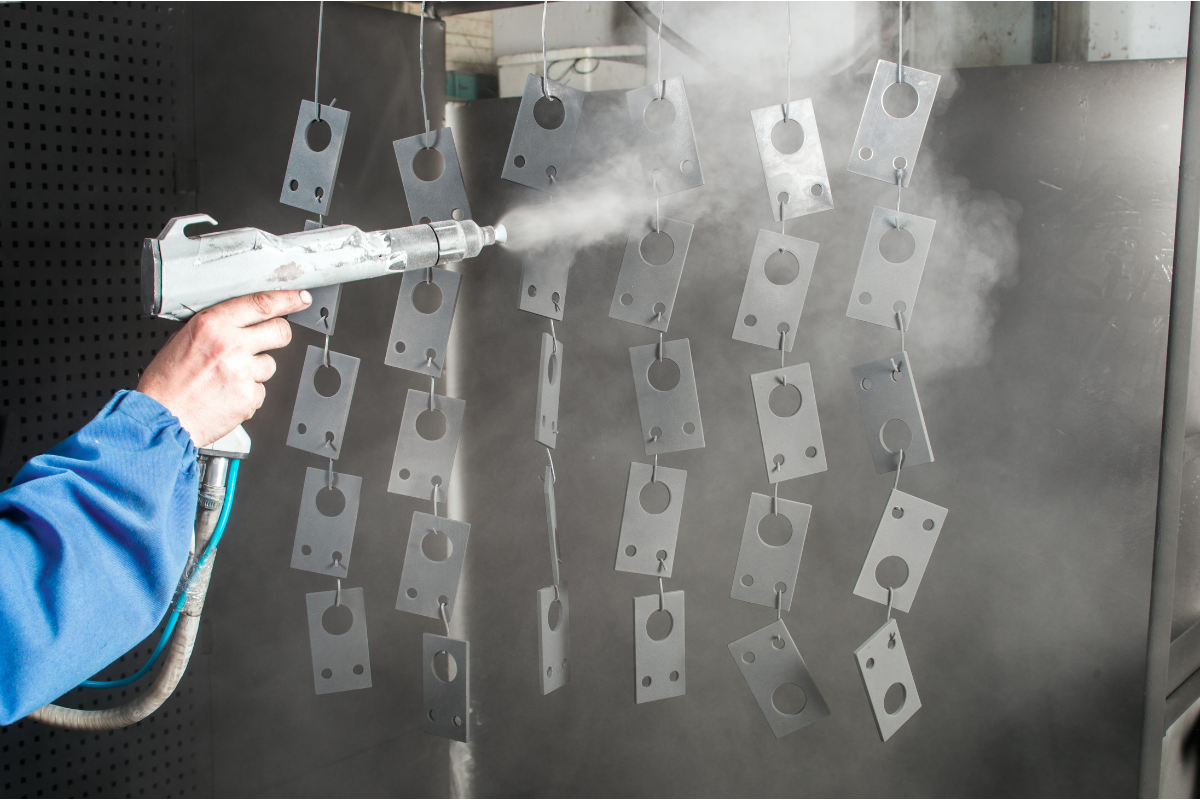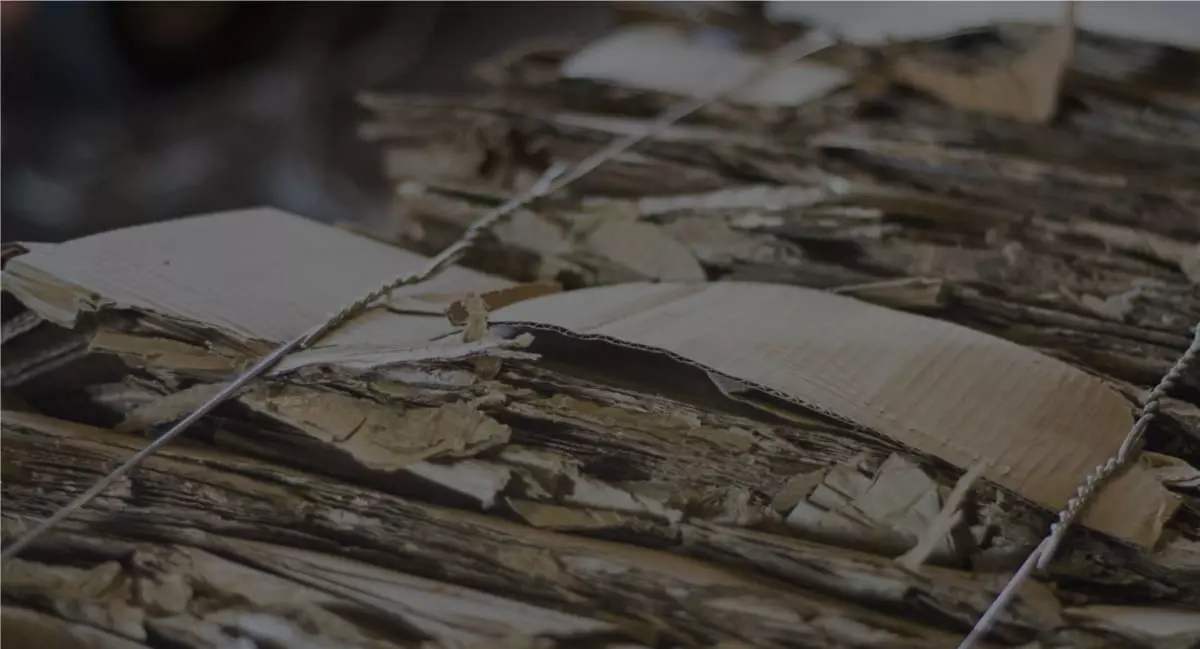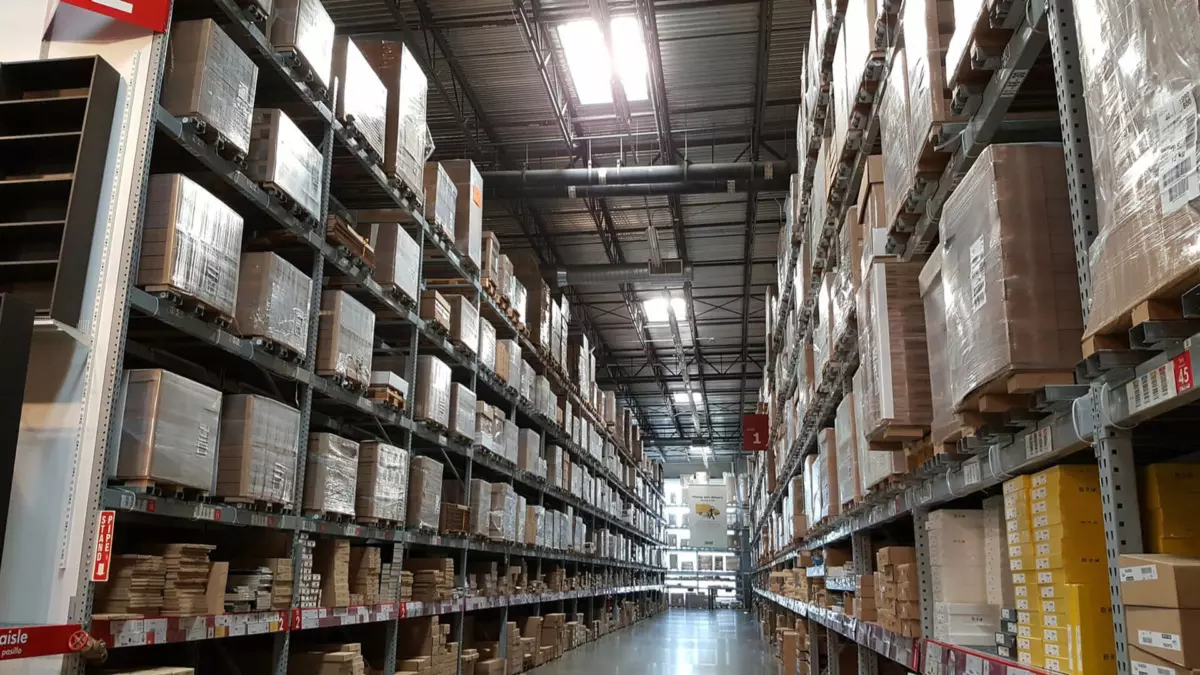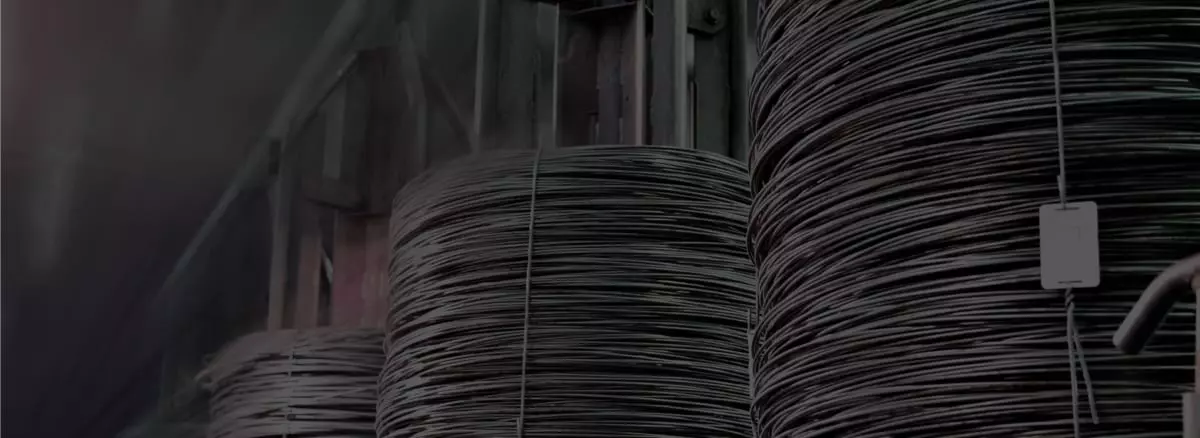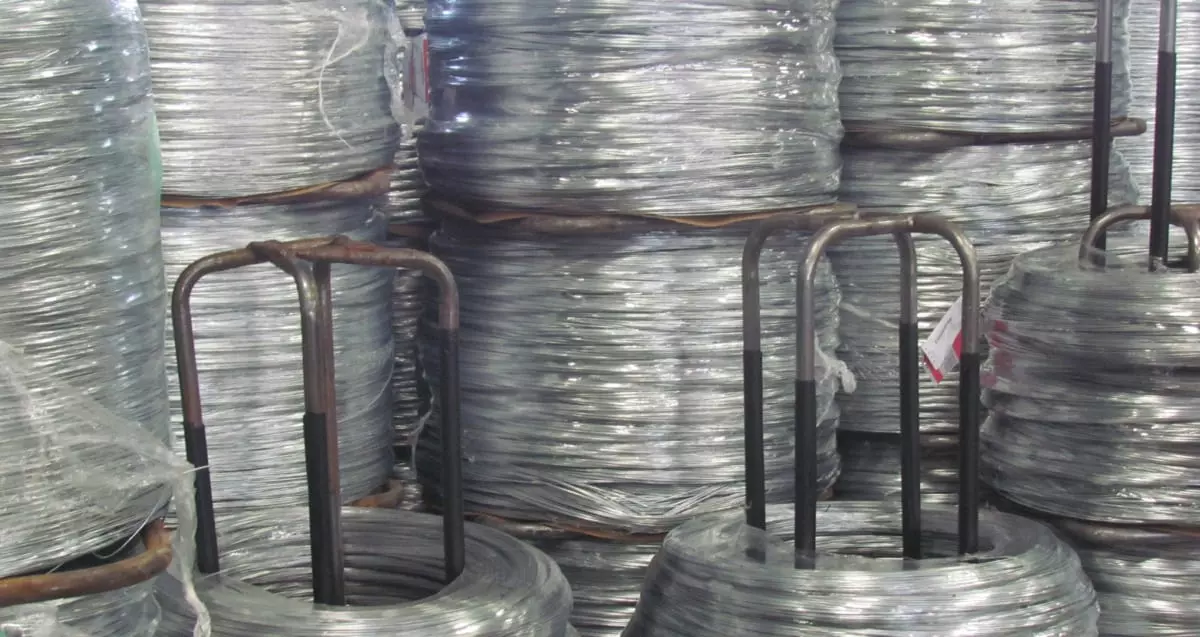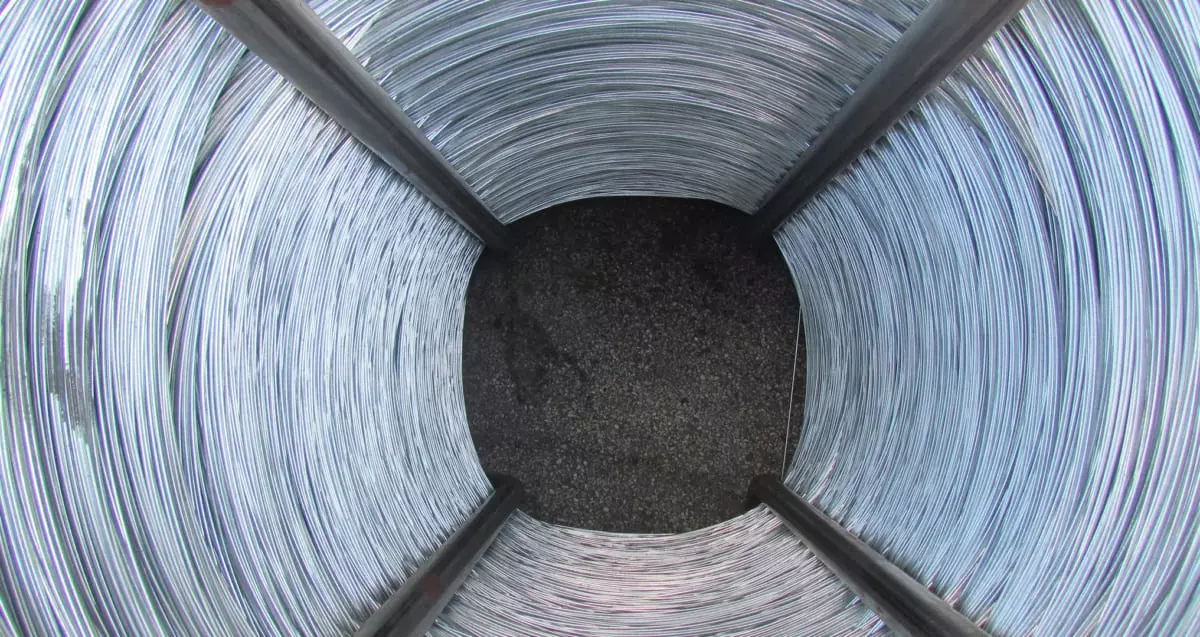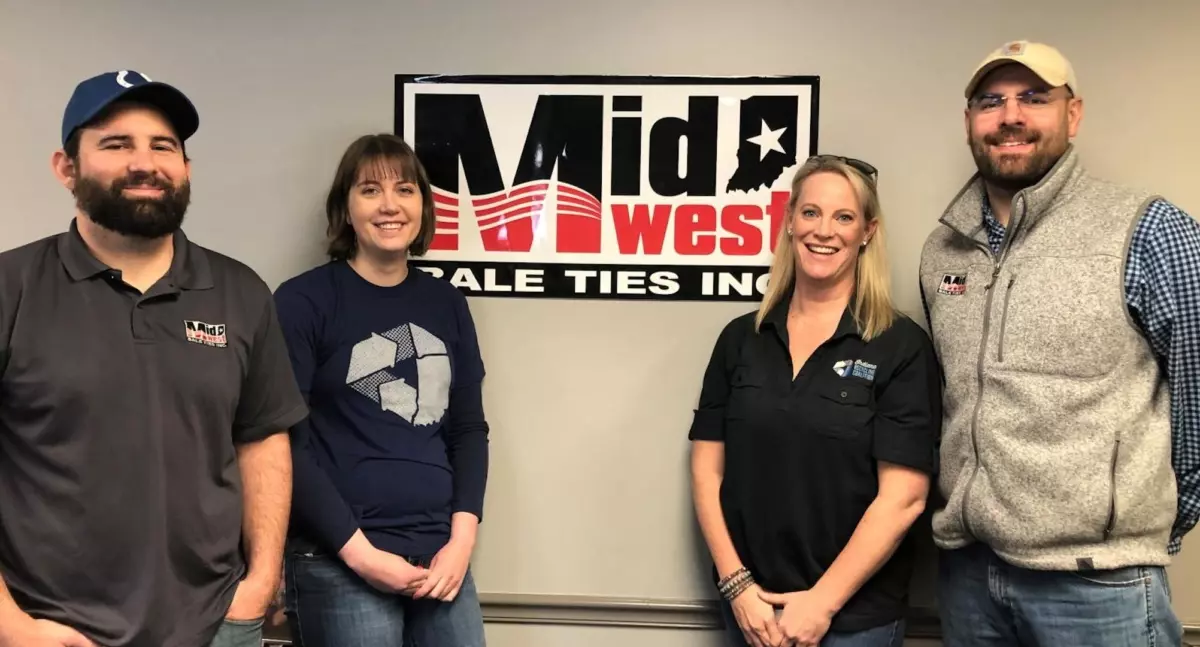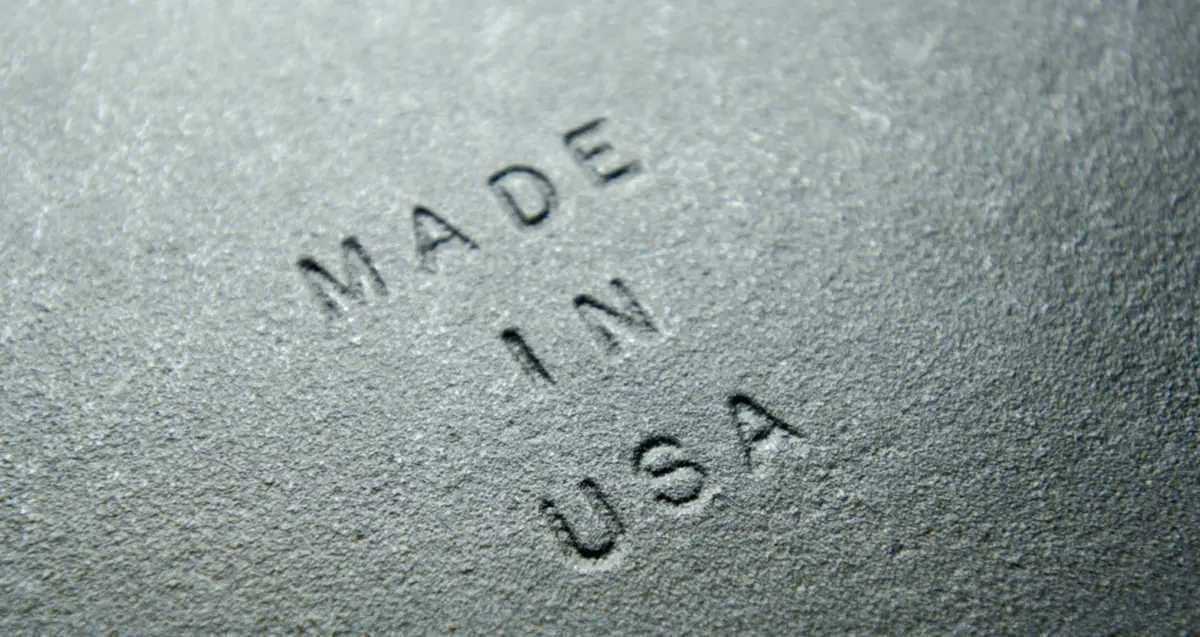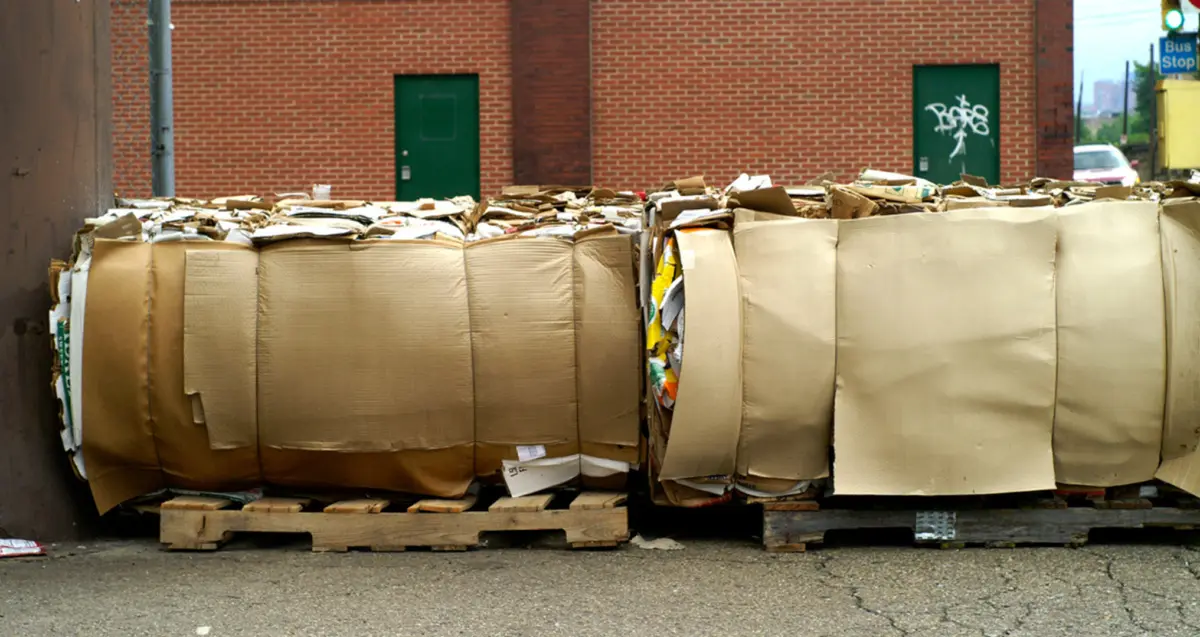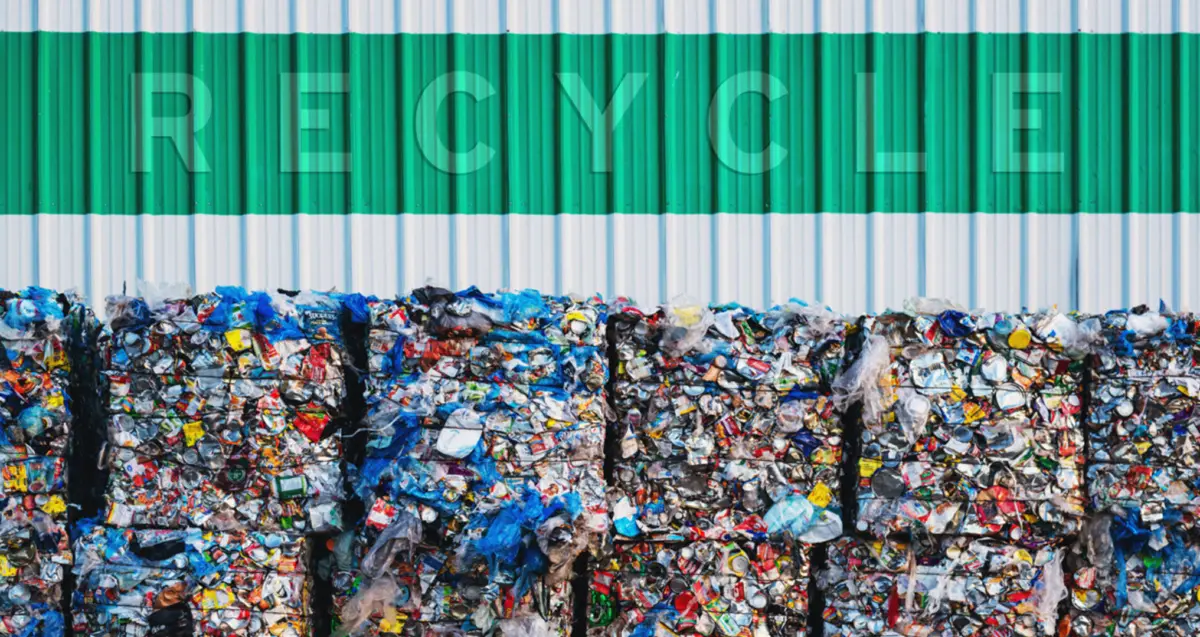Bale ties allow us to condense, palletize and easily move a wide variety of recyclable products and waste materials including plastics, paper, aluminum, and cardboard.
Blog
Bale ties allow us to condense, palletize and easily move a wide variety of recyclable products and waste materials including plastics, paper, aluminum, and cardboard.
Bale ties allow us to condense, palletize and easily move a wide variety of recyclable products and waste materials including plastics, paper, aluminum, and cardboard.
Bale ties allow us to condense, palletize and easily move a wide variety of recyclable products and waste materials including plastics, paper, aluminum, and cardboard.
Bale ties allow us to condense, palletize and easily move a wide variety of recyclable products and waste materials including plastics, paper, aluminum, and cardboard.
Bale ties allow us to condense, palletize and easily move a wide variety of recyclable products and waste materials including plastics, paper, aluminum, and cardboard.
Bale ties allow us to condense, palletize and easily move a wide variety of recyclable products and waste materials including plastics, paper, aluminum, and cardboard.
Bale ties allow us to condense, palletize and easily move a wide variety of recyclable products and waste materials including plastics, paper, aluminum, and cardboard.
Bale ties allow us to condense, palletize and easily move a wide variety of recyclable products and waste materials including plastics, paper, aluminum, and cardboard.
The Role of Midwest Bale Ties’ Galvanized Wire in Powder Galvanized wire is celebrated for its durability, rust resistance, and versatility, offering …
Bale ties allow us to condense, palletize and easily move a wide variety of recyclable products and waste materials including plastics, paper, aluminum, and cardboard.
In the world of bale ties, there are three common finishes or types of wire used in the manufacturing process. Wire with one of these three finishes will ultimately be used to manufacture your bale tie.
Bale ties and baling wire are consumable products that enter your facility, get used by the team that handles your baling, and then leave your facility surrounding some type of waste or recyclable material.
“How can I save money on my bale ties and baler wire?” is a question that often arises when speaking with our customers and partners in market, especially given all the rising costs associated with baling and reselling your material.
As a good majority of people in the work force are either working from home, or even worse, being laid off because of precautions put in place to fight Covid-19 I am forced to ask myself “why am I still hard at work?”
Some synonyms we use for the word “value” are importance, worth, and usefulness. Thinking about the role we play in our customers’ business and how we can continue to provide value, we acknowledge that we take on certain responsibilities.
People commonly ask, “So what do you do for a living?” I often explain that I work for a company called Midwest Bale Ties where we manufacture bale ties and baler wire.
When it comes to choosing bale ties for your packaging and bundling needs, the market is filled with a plethora of options.
Baling wire, also known as farm wire or soft wire, is a versatile and durable material that has been used for a variety of purposes for many years.
Baling versus throwing materials in the trash might seem like a trivial choice, but it can have a significant impact on the environment, the economy, and even your bottom line.







